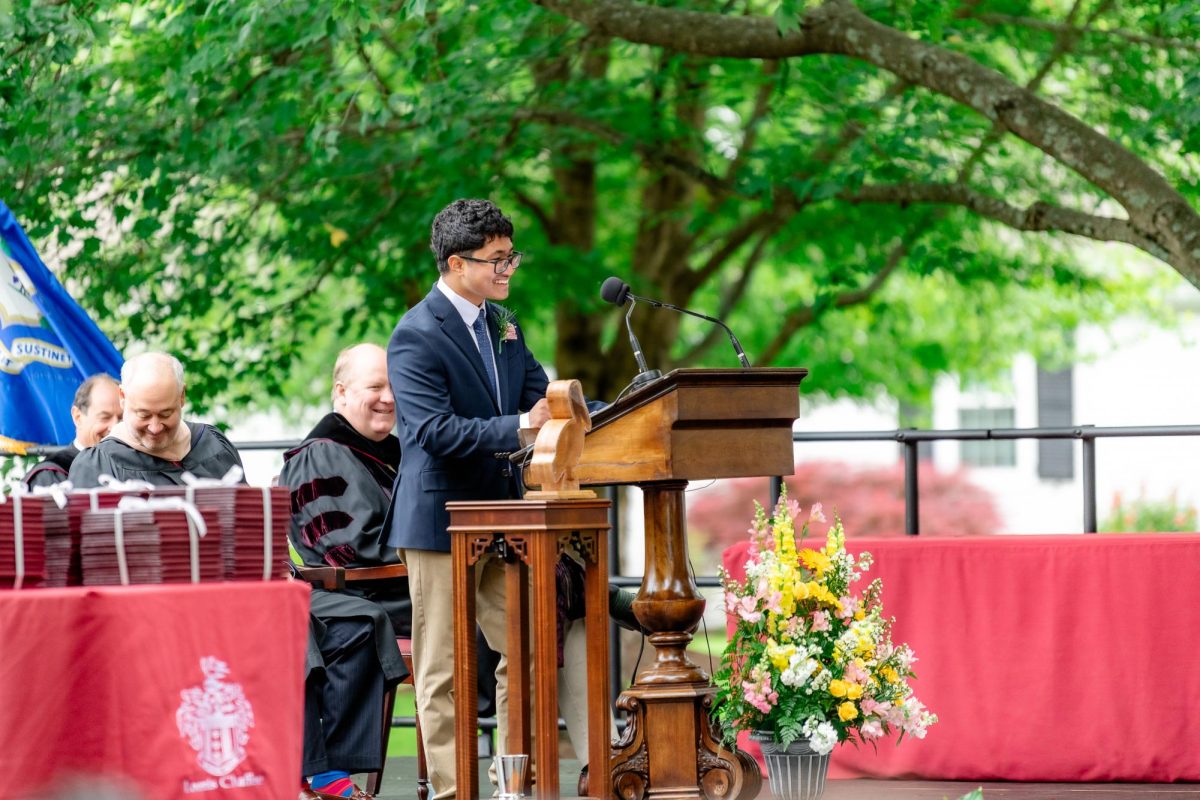Qatar in the past few years has been the center of injustice, from the construction of the World Cup stadium to other criminal issues. This small Arab country is located in the Middle East and recently has been in the news for its use of slave-like labor during the construction of the 2022 World Cup infrastructure. Many Nepalese migrant workers have died under the conditions held in Qatar. Investigation of this issue has shown that some workers have not been paid for months in order to keep them from running away. Others have had their passports and ID cards confiscated while being given little food and forced to work long hours. “We were working on an empty stomach for 24 hours; 12 hours’ work and then no food all night” said Ram Kumar Mahara, a 27-year old worker. While this continues to be a worldwide problem, there have also been issues of torture by three Filipinos on espionage charges.
On May 2, 2016, three men were convicted under Qatar’s judicial system. Two of the men worked in the training division of Qatar Petroleum and the third worked for the Qatari Air Force. They were all accused of sharing information with the Filipino government. More specifically, they were sending both military and economic information relating to Qatar’s troops, types of aircrafts and tanks, and Qatar’s petroleum investments from future contracts to oil prices. “In spite of the big number of the seized materials, however, no evidence of accusation indicating espionage was submitted” said the defense lawyer, showing that there was no proof that the men had committed a crime. However, two of these men, Raphael Alamares and Ronald Ulep, were sentenced to 15 years in prison while the third, Abdullah Yusuf Tan Chua, was ordered to life in prison. Although these were far less severe charges than originally sentenced, the Court of Cassation did not give any information on why they were given these punishments. Not only is this a sign of injustice, but there have been many allegations that they confessed under physical and psychological torture. Ulep, according to information given to Amnesty International, was tortured for the first eight months of his detention in the state security prison. Later he was forced to sign a document in Arabic, which he could not read, as a confession. In the end, the Philippine Ambassador, Wilfredo Santos, said in his statement, “This is still a small victory for us given that the earlier ruling was sustained which shortened the sentences imposed on these overseas Filipinos.”
Amnesty International have investigated this issue along with other treatment of foreign nationals and abuses against migrant workers. During the case of the three men, Amnesty, specifically, raised the case with the government of Qatar twice. They called on it to investigate any proof that the men were tortured. Others have lobbied against this case and hope to see better outcomes in the future. Despite protests against the conditions in the construction of the stadium, this issue still plagues Qatar and the upcoming-World Cup tournament.





